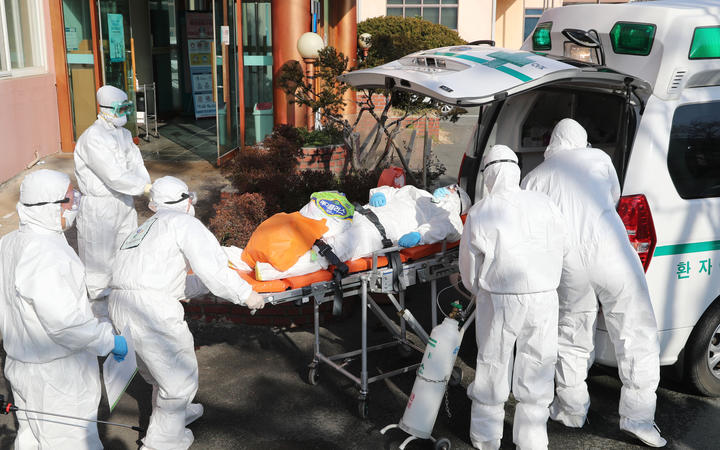LAHORE MIRROR (Monitoring Desk)– Europe and Central Asia could reach more than 2.2 million total Covid-19 deaths by next March as countries battle a surge of the highly transmissible delta variant, the World Health Organization’s office for the region wrote in a statement released Tuesday.
The forecast for the months ahead comes as the 53-country region passes 1.5 million Covid deaths, with the virus now becoming the leading cause of death in both Europe and Central Asia, the WHO’s Europe branch said. The region is currently experiencing nearly 4,200 deaths per day, twice the daily deaths recorded at the end of September, the statement noted.
“In order to live with this virus and continue our daily lives, we need to take a ‘vaccine plus’ approach,” Dr. Hans Henri Kluge, the WHO’s regional director for Europe, said in the statement. “This means getting the standard doses of vaccine, taking a booster if offered, as well as incorporating preventive measures into our normal routines.”
In addition to the enhanced contagiousness of the delta strain, the statement blamed the region’s surge on the continent’s unvaccinated population and the decision of many countries to roll back mask wearing and social distancing. The WHO previously cautioned that winter could drive outbreaks in Europe as people gather close together indoors with poor ventilation, conditions that facilitate transmission of the virus.
Bracing for a “challenging winter,” Kluge called on the public to help avoid lockdowns and disruptions to the economy by taking precautions including the use of facial coverings, physical distancing as well as testing and contact tracing. The statement also urged countries to consider administering booster doses to health-care personnel and anyone over 60 to combat the waning effectiveness of available vaccines.
The WHO anticipates that 49 of the region’s 53 countries could see high or extreme stress on their intensive care units between now and March 2022. High or extreme stress on hospital beds is projected to affect 25 countries as well.
Outgoing German Chancellor Angela Merkel has also called for tougher measures to control the wave of infection in Europe’s largest economy.
SOURCE: CNBC

